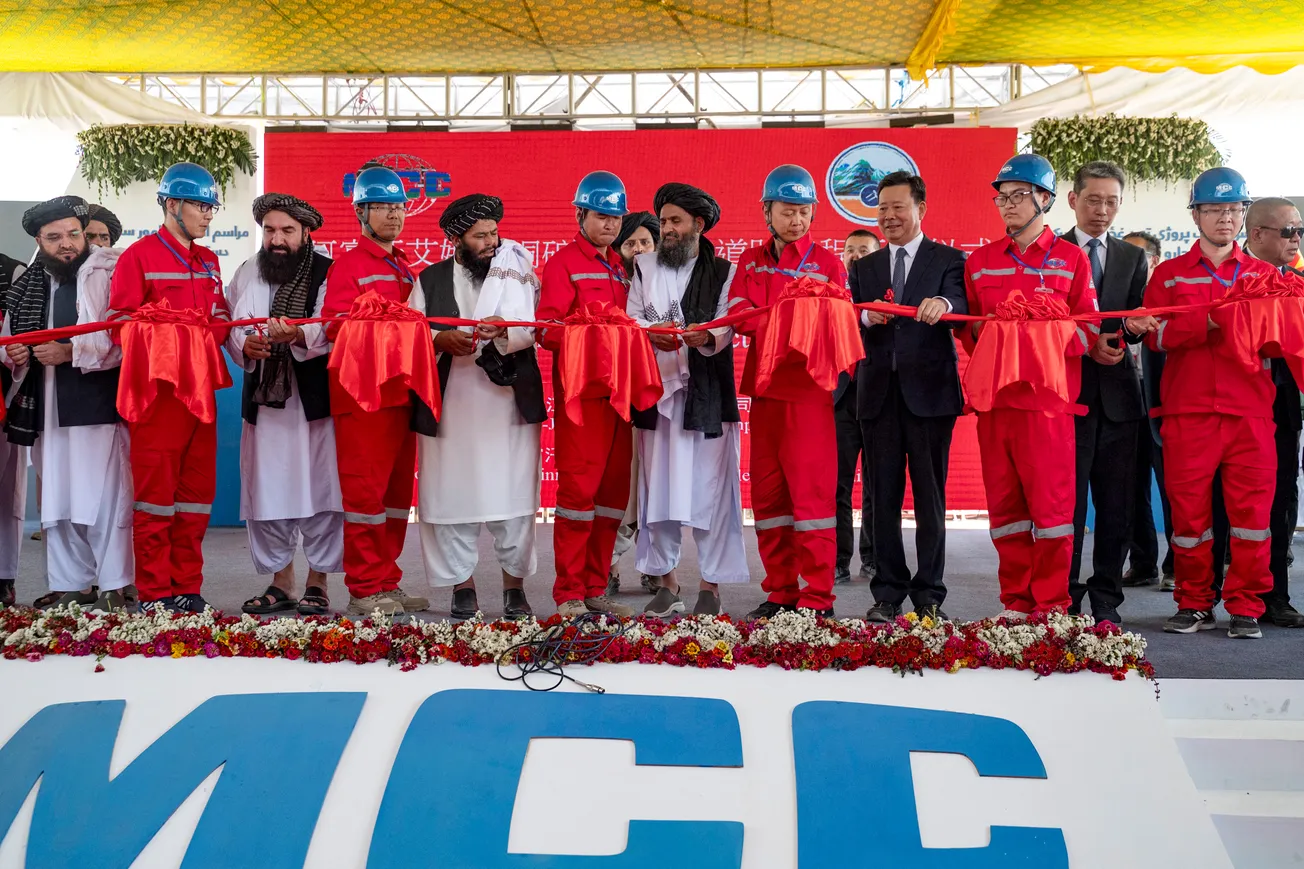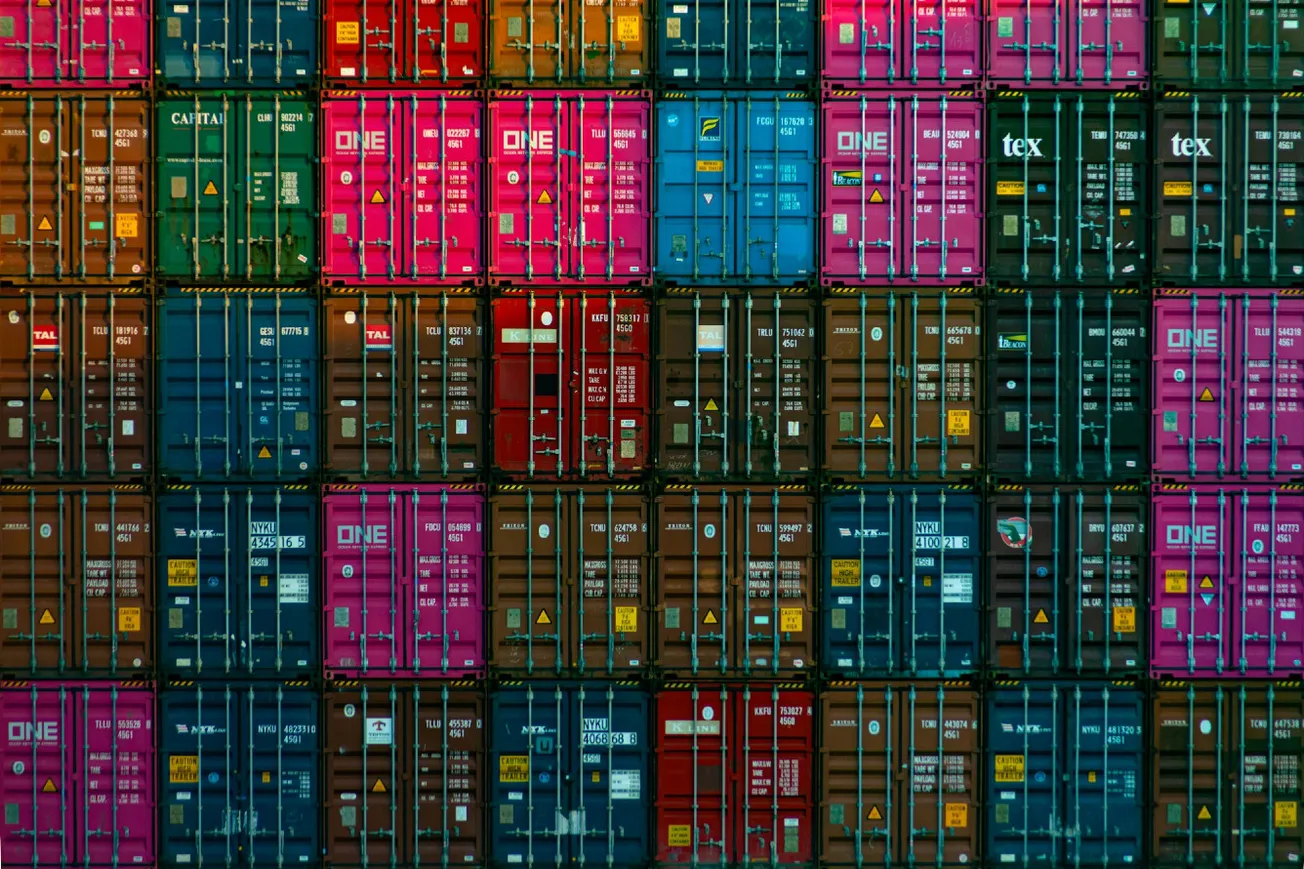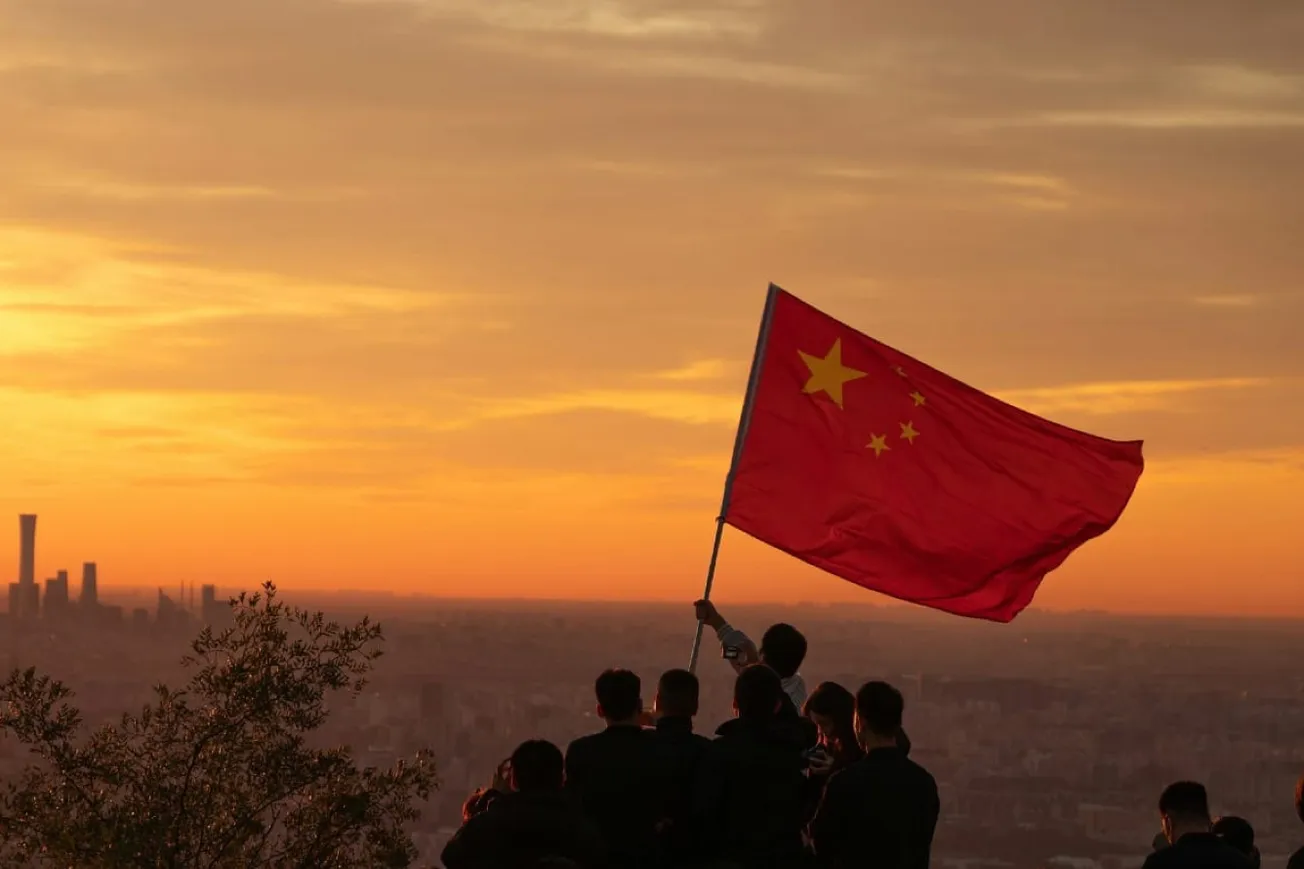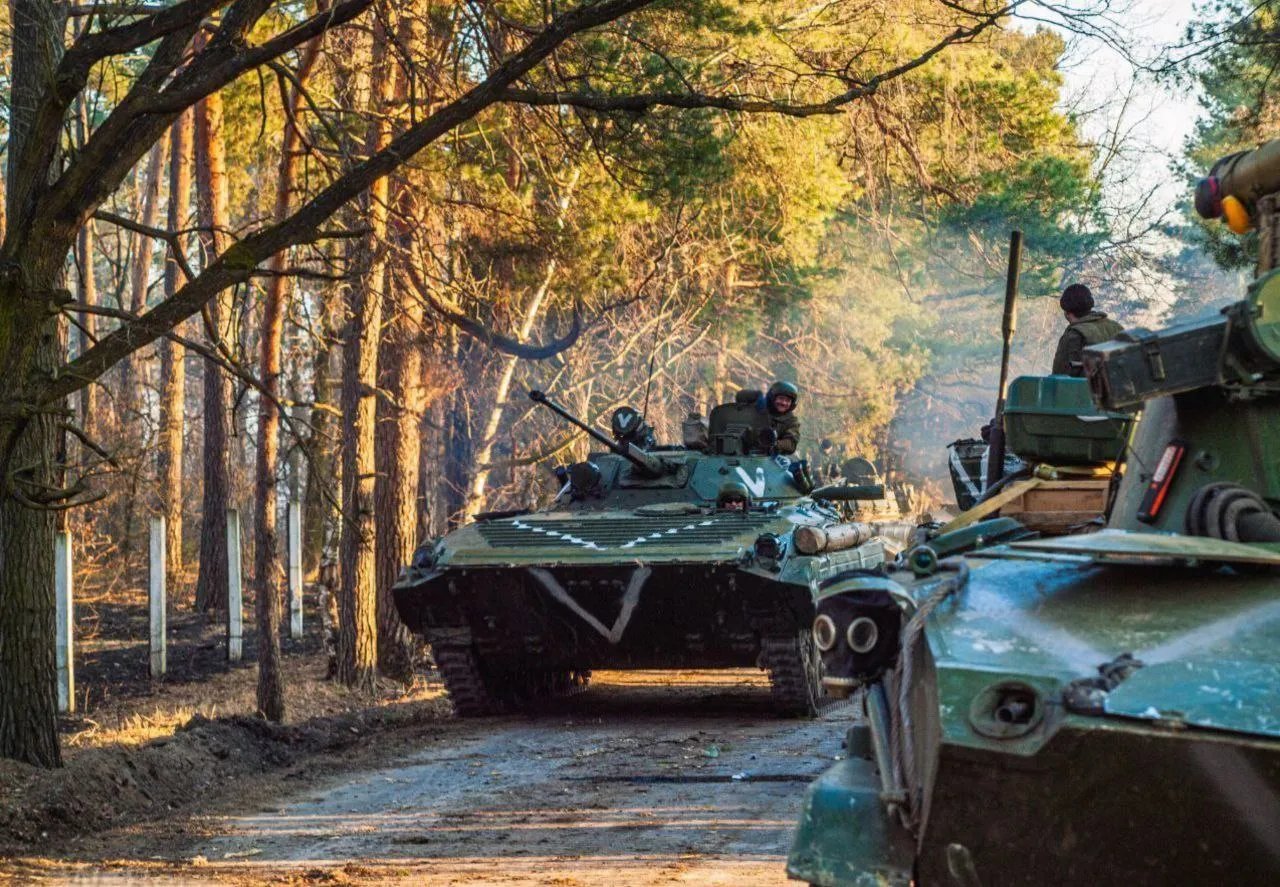Late last month, China made further inroads into Afghanistan, a regime that the West has been trying to isolate. This time, Chinese diplomats and businessmen, along with Taliban officials, started the preparatory works for the Mes Aynak copper-mining project.
Located just 40 km southeast of Kabul, Mes Aynak is said to be the site of the world's second-largest copper deposit, estimated at 30 million metric tonnes. The project, billed at $3 billion, was signed with the pre-Taliban government in 2008. After a delay of 16 years, work has finally begun. The state-owned China Metallurgical Group Corporation (MCC) holds a 30-year mining concession and has access to one of the most sought-after metals in the world. If properly developed with a long-term vision, once functional, the mine is expected to significantly impact global copper supply and even perhaps lower the price of the metal that is crucial for the renewable energy industry.
Afghanistan, largely isolated under Taliban rule and shackled by banking restrictions, has been struggling to rebuild its economy shattered by decades of war. With few nations willing to work with the ultra-repressive regime, the Islamic country is now betting on its vast mineral resources. A report by the Brookings Institute estimates that the country possesses some 2.3 billion metric tonnes of iron ore and 1.4 million metric tonnes of rare earth minerals. According to the U.S. Geological Survey, Afghanistan has stores of untapped minerals, such as iron, gold, and lithium, to the tune of $1 trillion.
China, the country's "traditionally friendly neighbor," is partnering with Kabul in the initiative. President Xi's government has consistently pursued deeper cooperation with the Taliban regime. According to the Ministry of Foreign Affairs website, since "August 2021, China has provided Afghanistan with humanitarian assistance worth more than 350 million RMB yuan, including cash, food, medicine, and wintering supplies."
In contrast, the U.S. approach has shifted dramatically.
After spending over one trillion dollars, the U.S. withdrew from Afghanistan in August 2021. The Biden Administration's withdrawal was sloppy and disorganized, with events on the ground moving faster than the administration could manage, putting it on the defensive. It was not what one would expect from the world's superpower. It was one of the low points of Biden's foreign policy. His approval rating took a big hit then and never recovered. Contrast the cover picture of the story above with the picture below.

Beijing has been steadily expanding its influence through geopolitical forums like the Shanghai Cooperation Organisation and undertaking ambitious infrastructure development projects predicted to boost economic activity in partnering countries.
The Chinese industry has been eyeing Afghanistan's extensive oil and rare mineral deposits. In addition to Mes Aynak, reports of joint ventures, such as the $310 million contract for a gold mine in Takhar province's Chahab district, have emerged over the past few years.
However, the ground reality is far from rosy. Despite the ambitious and lucrative deals, work on the ground has often failed to take off. Afghanistan's tenuous law and order situation is a major stumbling block that dissuades international firms from commencing projects. There have been attacks on Chinese personnel both in Afghanistan and in neighboring Pakistan. The rise of Islamic State-Khorasan (IS-K)is another challenge that the Taliban has to address.
The groundbreaking ceremony, despite the security concerns, highlights the project's importance for both countries. China's industries require a steady supply of rare earth minerals, and Beijing has been in the race to lock up suppliers for the long term. Beijing is solidifying its lead in the quest for critical minerals with such lucrative and prolonged mining rights and deals. With the economy in shambles, the Taliban has to generate revenue and show some degree of development to maintain iron control over its people.









